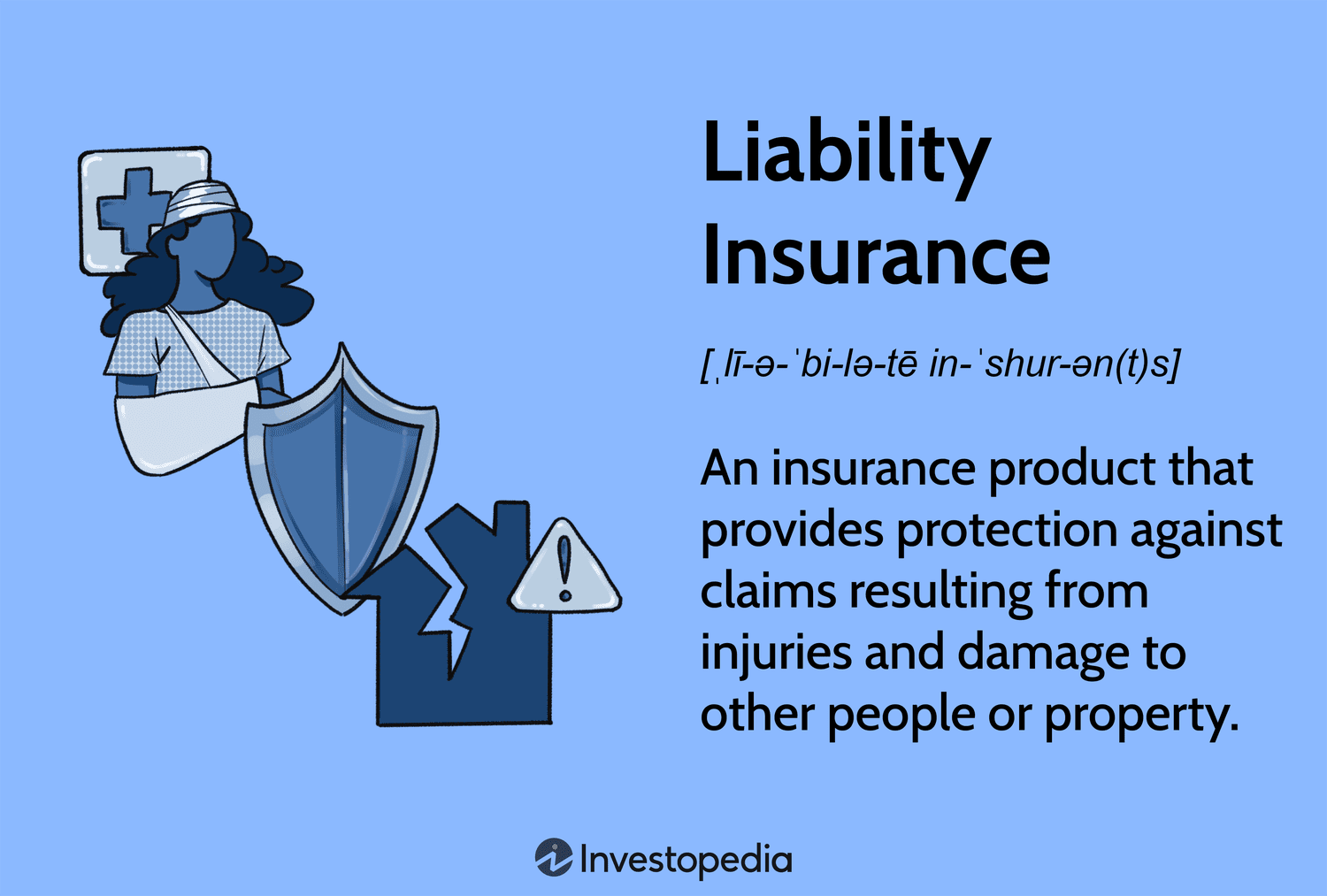The best car insurance rate depends on personal driving history and vehicle type. Comparing quotes from multiple insurers ensures the most competitive price.
Finding the right car insurance rate can be a daunting task. Drivers should examine coverage options, deductibles, and discounts to secure the most advantageous deal. It’s important to evaluate insurance needs against budget constraints while searching for a policy. Comprehensive research involving various insurers can reveal significant savings.
Maintaining a clean driving record and updating personal information with insurance providers can lead to lower premiums. Enlisting the best car Insurance help of online comparison tools simplifies the process of getting the best car insurance rate. With the abundance of information available, drivers equipped with the right strategies are better positioned to navigate the market and find a rate that aligns with their needs.

Introduction To Car Insurance Rates
Table of Contents
Understanding car insurance rates is crucial for every driver. These rates determine how much you pay for your car insurance. Several factors impact these costs. Car insurance rates are not the same for everyone. They vary based on personal details and car features. Knowing what affects your premium helps you find the best rates. Let’s explore the factors that influence insurance premiums.
Factors That Influence Insurance Premiums
Many elements affect your car insurance rates. Here’s a brief overview of the most common factors:
- Driving History: Safe driving leads to lower premiums.
- Car Type: Certain cars cost more to insure.
- Location: Where you live can change your rates.
- Age and Gender: These affect how insurers view risk.
- Credit Score: A higher score often means lower rates.
- Coverage Choice: More coverage can cost more.
The Importance Of Comparing Rates
Comparing car insurance rates is essential for savings. Each insurance company uses different methods to calculate rates. Shopping around means you find the best deal for your specific needs. Use online tools or speak to agents. This ensures you don’t overpay for your car insurance.

Comparative Shopping: A Strategy For The Best Rates
Smart car owners know the trick to bagging the best insurance rates: comparative shopping. It’s not just about saving a few bucks. It’s about finding the perfect fit of coverage, customer service, and cost. By weighing options, car owners can drive off with a deal that makes them feel as secure on the road as in their savings. Ready to rev up your insurance shopping skills? Let’s put the pedal to the metal.
How To Effectively Compare Different Insurers
Make a checklist of what you need. Include coverage levels, deductibles, and extras. Gather quotes from various insurers. Make sure you compare similar policies. Policies with different coverage levels don’t make for a fair comparison.
- Research each insurer’s customer service reputation.
- Analyze the financial stability of the companies.
- Review consumer feedback and ratings online.
Create a pros and cons list for each insurance quote. Include policy features, discounts available, and overall customer satisfaction. This list will give you a clear overview.
Using Online Tools And Comparators
Online tools are a goldmine for finding the best car insurance rates. These digital comparators allow you to input your details and preferences once. Then, they churn out a variety of quotes from different insurers in seconds.
| Comparison Tool Features | Benefits |
|---|---|
| Multiple Quotes | Easy side-by-side analysis |
| Customization Options | Tailored to your driving habits and needs |
| User Reviews | Insight into customer experiences |
Remember to check the tool’s partners and providers. Some tools may only show results from insurers they partner with. Look for an independent tool for unbiased comparisons.
With these strategies, finding the best car insurance rate becomes more efficient and effective. Your finances and peace of mind will thank you for doing the homework. Start comparing and saving today.
Understanding Insurance Coverage Options
Choosing the best car insurance rate starts with understanding what you need. Each driver has unique needs. Know your options before you pick your plan. Let’s dive into the different coverages insurance companies offer.
Types Of Coverages Available
Coverage can protect you, your car, and others. Here are the main types:
- Liability Coverage: Pays for damage you cause to others.
- Collision Insurance: Covers repairs to your car after an accident.
- Comprehensive Insurance: Pays for non-crash damage, like theft or storms.
- Personal Injury Protection: Helps with medical bills from a car accident.
- Uninsured Motorist Protection: Covers you if the other driver has no insurance.
Deciding On The Right Level Of Coverage
Consider these factors to choose the best coverage:
| Your Car’s Value | Your Driving Habits | Your Financial Situation | Your Comfort with Risk |
|---|---|---|---|
| High-value cars need more coverage. | More driving can mean higher coverage needs. | Ensure you can pay the deductible if needed. | Low risk-tolerance? Choose higher coverage. |
Match your coverage to your lifestyle. A tailored policy gives peace of mind and protection for your budget.
The Role Of Deductibles In Insurance Rates
Understanding deductibles is key to finding the best car insurance rate. A deductible is the money you pay out of pocket after an accident before your insurance kicks in. This amount directly influences your insurance premiums. Let’s dive into how you can pick the right deductible and how it affects what you pay annually.
Choosing A Deductible Amount
Picking a deductible amount is a balance between risk and savings. A higher deductible often means lower monthly costs. Aim for a deductible that won’t strain your finances if an accident happens. Consider these points:
- Personal savings: Ensure you can cover the deductible with your savings.
- Risk assessment: Lower deductibles can be better if you drive often or in high-risk areas.
- Vehicle value: A less expensive car might not need a low deductible.
Impact Of Deductible On Annual Premiums
The deductible you choose has a big impact on your annual insurance cost. A higher deductible usually lowers your premium, while a lower deductible increases it. Here’s a simple breakdown:
| Deductible | Annual Premium |
|---|---|
| $500 | Higher premium |
| $1,000 | Lower premium |
Aim for the sweet spot where you feel comfortable with both your deductible and your annual premium. Each insurer’s rates vary, so shop around.
Discounts And How They Lower Premiums
Nothing sweetens the deal on car insurance like a good discount. Insurers provide various discounts to reward behaviors that reduce their risk. Let’s explore these money-saving opportunities.
Common Types of Car Insurance Discounts
Common Types Of Car Insurance Discounts
Understand these popular discounts to see how much you might save:
- Safe Driver Discounts: Avoid accidents and traffic infractions to qualify.
- Multi-Car Discounts: Insure more than one car for bundle savings.
- Anti-Theft Device Discounts: Invest in security for lower rates.
- Good Student Discounts: Excel in school for extra savings.
- Defensive Driving Course Discounts: Complete approved courses for discounts.
- Low Mileage Discounts: Drive less, save more.
- Multi-Policy Discounts: Combine auto with home or renters insurance.
- Military Discounts: Special rates for service members.
- Senior Discounts: Age brings wisdom and lower premiums.
Qualifying for Multiple Discounts
Qualifying For Multiple Discounts
Stack discounts to maximize savings. Follow these tips:
- Review your policy annually: Needs to change, and so can your discounts.
- Update your insurer: Got a new job with a shorter commute? Tell your insurer.
- Ask your agent: They know the ins and outs of available discounts.
- Drive safely: Keeping your record clean pays off.
- Maintain good grades: Students, show your report cards.
- Consider bundling: Combine policies for more savings.
Maintaining A Good Driving Record
Your car insurance rates aren’t set in stone. One key factor is your driving record. A clean record can mean lower rates and big savings. So, let’s dive into how you can keep that record spotless!
How Driving History Affects Rates
Driving history is like a report card for your on-the-road behavior. Insurers look at it closely. They use it to determine how risky you are to insure. Accidents, tickets, and violations can bump up your rates.
Here’s how different factors can influence your costs:
- Speeding tickets can increase your premium.
- Accidents, especially when you’re at fault, make rates go up.
- DUI/DWI violations can double or triple your insurance cost.
- Minor infractions, like parking tickets, might not affect your rates.
Tips For Safe Driving And Rate Reduction
Want to keep your insurance rates low? Follow these tips:
| Tip | Why It Helps |
|---|---|
| Drive safely | Less risk of accidents means lower rates. |
| Obey traffic laws | Keep your driving record clean. |
| Attend driving classes | Some insurers offer discounts for this. |
| Use tech aids | Apps can monitor driving and suggest improvements. |
Impact Of Credit Score On Insurance Rates
Did you know that your credit score can influence your car insurance rates? This number, reflecting your credit health, often surprises many when shopping for insurance.
Understanding The Credit-insurance Link
Insurance companies view your credit score as a measure of responsibility. A strong score suggests you manage bills well, while a lower score might indicate financial stress, potentially affecting your risk profile and resulting in higher premiums. Here’s why:
- Statistical Risk: Data indicates that those with higher credit scores often file fewer claims.
- Payment Reliability: Insurers trust individuals with solid credit to make timely payments.
- Policy Options: Customers with good credit can access better insurance rate offers.
Improving Credit Scores to Reduce Rates
Improving your credit score could lead to more favorable insurance rates. Follow these actionable steps:
- Check credit reports for errors and dispute any inaccuracies promptly.
- Pay bills on time, including credit cards, loans, and utilities.
- Lower credit card balances to keep credit utilization low.
- Avoid opening new credit accounts unless necessary, as this can temporarily drop your score.
By taking these steps, you can improve your credit score over time. This may not only help with insurance costs but also with your overall financial portfolio.

Leveraging Customer Loyalty And Relationships
Leveraging customer loyalty can secure you the best car insurance rate. Your long-term relationship with your insurer is a valuable asset. It’s like a friendship where commitment is rewarded. Insurance companies often have special rates for steadfast customers. Let’s look at how staying loyal can save you money.
Sticking With One Insurer
Did you know that being loyal can cut your premium costs? Insurers value regular clients. They may offer discounts to those who stick around. Here are the benefits of staying with one insurer:
- Rewards for renewal: Get discounts each time you renew.
- Accident forgiveness: Some insurers may overlook your first accident.
- Multiple policy discounts: Bundle your car with home insurance for savings.
Negotiating Lower Rates As A Long-term Customer
Say you’ve been with your insurer for years. It’s time to chat about reducing your rates. Here’s how to negotiate:
- Review your policy: Know what you’re paying for before the call.
- Highlight loyalty: Remind them how long you’ve been a customer.
- Discuss changes: Update them on reduced mileage or safer parking.
- Ask for discounts: Be direct. Inquire about any loyalty discounts.
Remember, the key to a good deal often lies in a simple conversation. Your insurer will likely be open to keeping a loyal customer happy.
Timing Matters: When To Shop For New Rates
Smart drivers know that car insurance rates change over time. Shopping for new rates can lead to saving money. But timing is key. Knowing when to look can make all the difference.
Best Times To Check For Lower Rates
Several occasions are perfect for checking car insurance rates. Let’s explore the best times!
- Renewal Notice: As renewal approaches, compare rates. This prevents overpaying.
- Change in Life Events: Marriage, moving, or buying a car affect your rates. Check then.
- Post-Traffic Violation/Old Tickets: After tickets expire, rates may drop. Always check.
- Annually: Markets change. Assess your rates each year as a routine.
Monitoring Market Trends For Optimal Switching
Insurance market trends can signal when it’s time to switch. Stay informed with these tips:
| Trend | Action |
|---|---|
| New Laws | Legislation can lower rates. |
| New Companies | New players may offer better deals. |
| Rate Drops | Periods of decreased rates are ideal for switching. |
| Technology Changes | Tech can reduce rates. Look out for these changes. |
Always keep an eye on industry news and react promptly to beneficial trends.
Telematics And Usage-based Insurance
Understanding how ‘Telematics and Usage-Based Insurance’ transform car insurance rates is vital. Let’s unlock the world of smart technology where your driving habits can save you money on your premiums.
How Telematics Can Affect Your Rates
Telematics devices are like fitness trackers for your car. By sending real-time data to insurers, good driving habits can lead to lower rates. It’s like having a co-pilot who’s always looking out for your wallet.
- Drive less, pay less: Fewer miles can mean less risk and more savings.
- Safe speeds: Maintaining safe speeds can show insurers you’re less of a risk.
- Gentle brakes: Smooth braking habits can indicate safer driving.
Pros And Cons Of Usage-based Insurance
Usage-based insurance tailors your rate to your driving style. The benefits and drawbacks are clear.
| Pros | Cons |
|---|---|
|
|
Conclusion: Staying Informed And Proactive
Wrapping up our guide on securing competitive car insurance rates, remember this is a dynamic process. Being informed and proactive plays a crucial role in this endeavor. Now, let’s reflect on the actions that lead to potential savings and optimal coverage.
Continuous Evaluation of Insurance Needs
Life changes, and so do insurance needs. Periodically review your policy and life situation. The aim is to ensure your insurance coverage keeps pace with your current requirements.
- Buying a new car
- Changes in annual mileage
- Upgrading security features
A routine evaluation prevents overpaying for coverage you may no longer need. It also avoids being underinsured in the case of major life events.
The Journey To Securing The Best Car Insurance Rates
It’s a journey to find the best rates, one that requires diligence and knowledge. Begin with research and education on what impacts rates.
| Factor | Impact |
|---|---|
| Credit Score | Higher scores can lower rates |
| Driving Record | Clean records make better rates |
| Location | Rates vary by geography |
Use online quote comparison tools for a swift overview of potential rates. Engage in direct negotiations with insurance providers. Share any affiliations or memberships that could grant discounts. Your persistence pays off here.
Staying informed and proactive is not just a final step in this journey. It’s an ongoing commitment to ensure the best car insurance rates stay within your grasp.
Frequently Asked Questions On Best Car Insurance Rate
How do I find the best car insurance rates?
Finding the best car insurance rates requires shopping around. Compare quotes from multiple providers, leverage online comparison tools, and consider factors like coverage options, deductibles, and discounts. Your driving record and location can also significantly influence rates.
What factors affect car insurance pricing?
Car insurance pricing is influenced by your driving history, credit score, vehicle make and model, location, age, and gender. Insurers also consider your annual mileage and whether you use your car for business or personal use.
Is it cheaper to buy car insurance online?
Buying car insurance online can be cheaper as it allows for easy comparison and eliminates middleman fees. Direct-to-consumer companies often offer lower rates due to reduced operational costs.
Can my credit score impact my insurance rate?
Yes, in most states, your credit score can impact your insurance rates. A higher credit score can lead to lower premiums as it suggests financial responsibility to insurers.
Conclusion
Finding the right car insurance rate doesn’t have to be daunting. With vigilance and the right knowledge, securing an affordable policy is within reach. Remember to compare quotes, consider coverage needs, and check for discounts. Drive with peace of mind, knowing you’ve got the best deal for your situation.
 Insu Edu Tech Insurance, Education & Technology
Insu Edu Tech Insurance, Education & Technology



